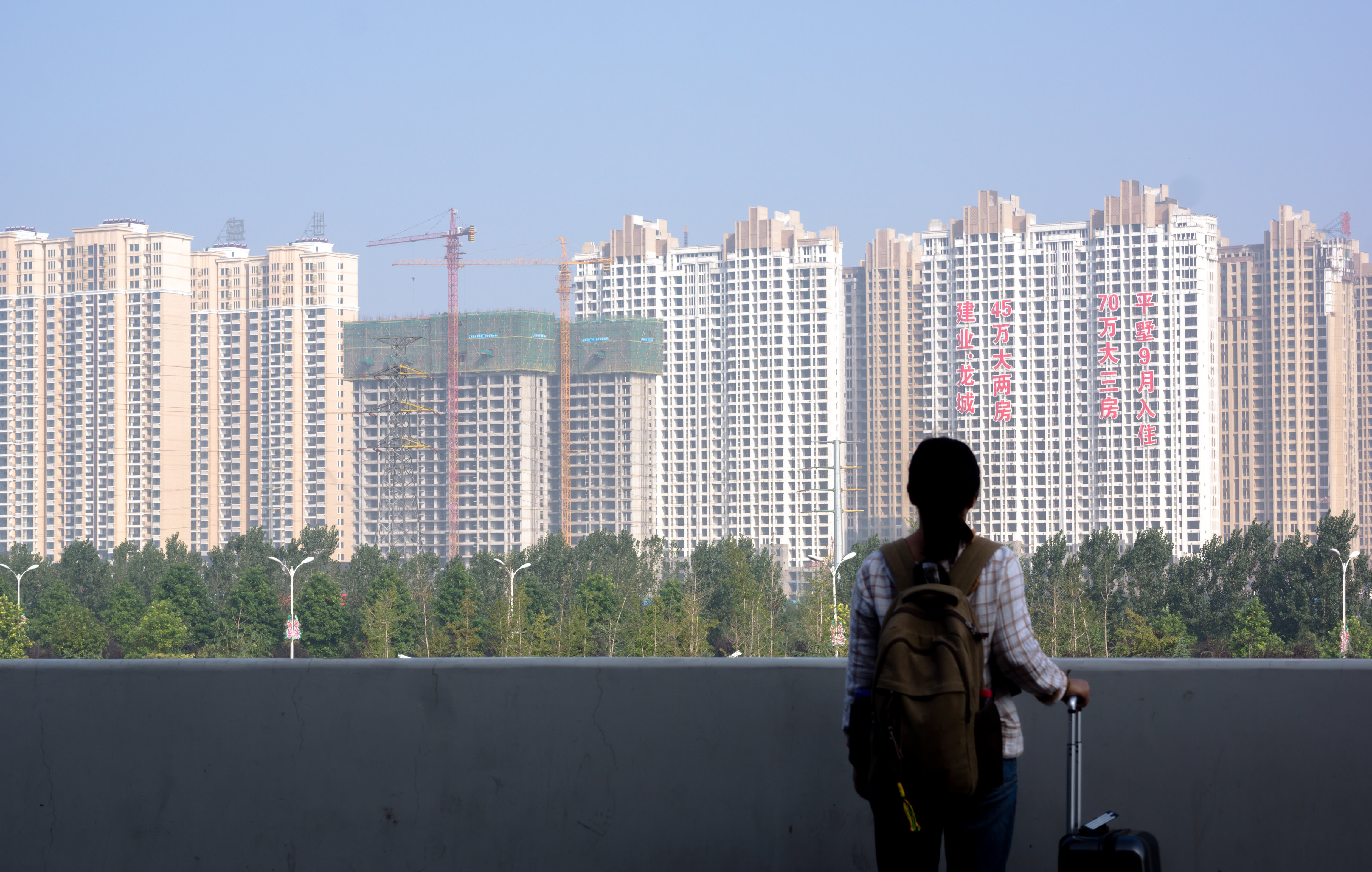China’s property outlook could turn brighter in the next few months — but two things must happen for things to improve in the beleaguered sector, one analyst told CNBC on Friday.
Stabilizing property sales and greater access to funds within China could help lift the real estate sector in the country, said Logan Wright, director of China markets research at consulting firm Rhodium Group.
“Conditions are definitely emerging for a more constructive outlook for the Chinese property sector, for the economy as a whole, and for implications for risk assets,” Wright told CNBC’s “Street Signs Asia.”
Wright pointed out that a continued decline in property sales will add financial pressure on developers. It’s not something Beijing can offset with policy alone, given that property sales account for trillions of dollars in the Chinese economy, he added.
Meanwhile, lower interest rates would help stabilize bank lending growth in China and reduce borrowing costs to the real economy, said Wright.
Financial distress among Chinese real estate firms came to the forefront in the last few months as China Evergrande Group as well as other developers — such as Kaisa and Sinic Holdings — struggle to repay their debt.
On Thursday, ratings agency Fitch downgraded Evergrande and Kaisa to “restricted default” after both companies missed their respective bond repayment deadlines.
Fitch rates an issuer restricted default after it has defaulted on a payment, but hasn’t initiated any procedures to wind up the business, such as by filing for bankruptcy.
Troubles facing its property sector have weighed down China’s economic growth prospects.
Wright said markets will now be focusing on China’s annual Central Economic Work Conference, which is expected to be held in the coming days.
The key economic meeting among the country’s top policymakers could reveal “additional concrete steps to stabilize both the property sector and the economy as a whole,” said Wright.
Any additional policy actions would follow the decision by the People’s Bank of China to cut the amount of cash that banks must hold as reserves. The central bank’s move would release 1.2 trillion yuan ($188 billion) into the economy to prop up growth.
